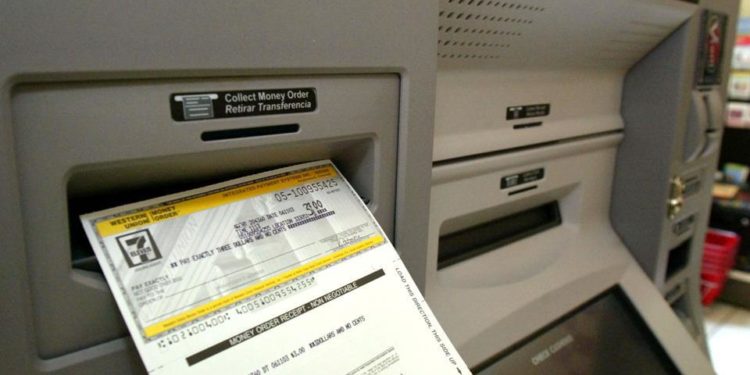Kenyans issued fewer money orders last year due to a significant shift towards digital payment systems and reduced disposable income.
A money order is a secure alternative to cash or personal checks, typically issued by a banking institution. It functions similarly to a check, allowing you to send money or pay bills and can be cashed or deposited into a bank account. Money orders are widely accepted, converted to cash easily, and are commonly used by those without access to standard checking accounts.
Data from the Kenya National Bureau of Statistics (KNBS) shows a 33.3 % decrease in the number of money orders to 4.6 million in 2023 from from 6.9 million in 2022 indicating a higher uptake of electronic funds transfers, mobile payment applications, and the use of credit and debit cards.
Despite the decline, the number of money orders issued remains substantial. The figures have grown from 1.2 million in 2019 to 3.15 million in 2020, reaching a peak of 9.4 million in 2021.
Money orders are preferred for their security compared to checks, as they do not include personal banking information. They are purchased upfront with cash, minimizing the risk of bouncing after deposit. In areas where electronic payment methods are less common, money orders offer a convenient and reliable way to send money.
Money orders can be obtained from post offices or banks. International payment service providers may charge service fees ranging from as low as 1.0 % to as high as 8.0% percent of the principal amount.
The KNBS data also shows a 36.1% increase in overall postal and courier services output, rising to Kes 27.1 billion in 2023 from Kes19.9 billion in 2022. This growth is attributed to an increase in outgoing courier packages and a rise in registered and insured items posted.











